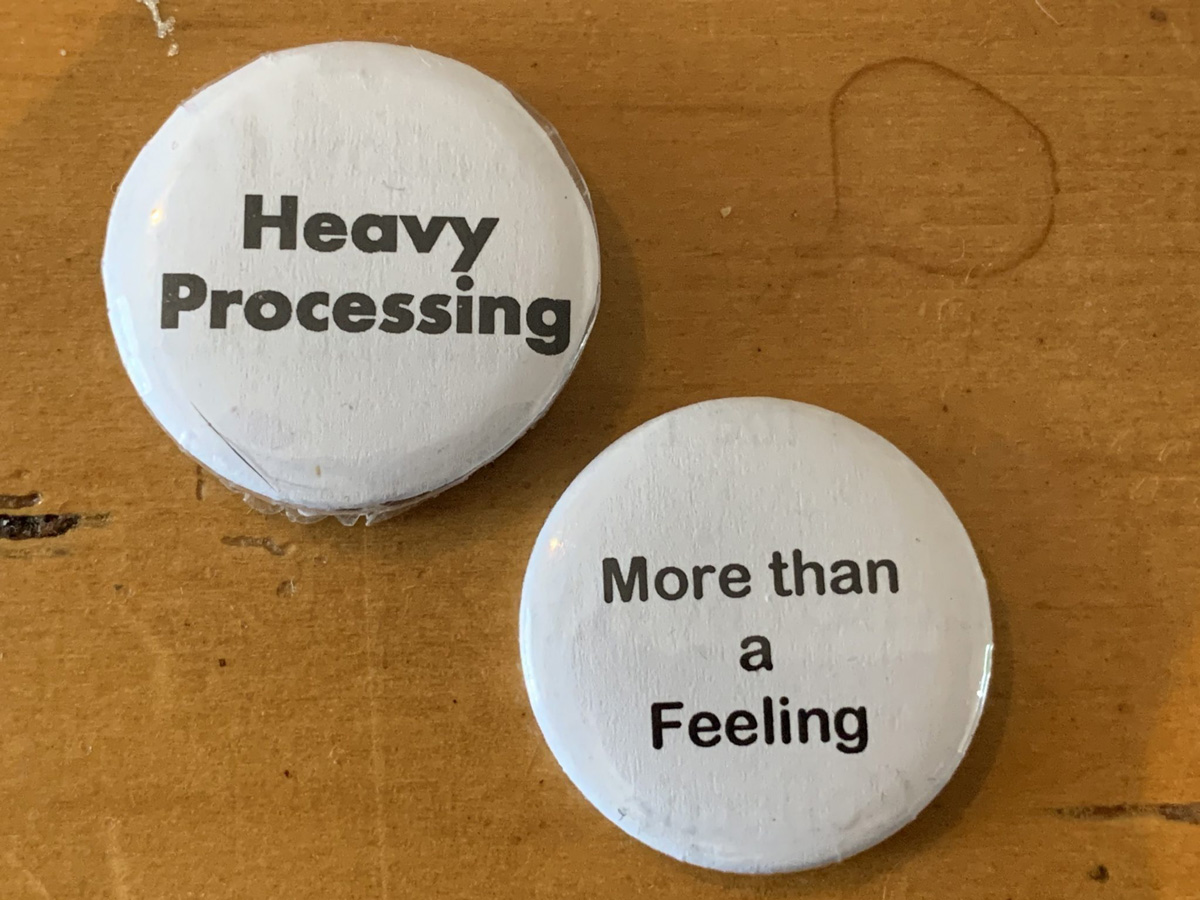More than a Feeling:
Heavy Processing Methods for Trans- Feminist and Queer Research

Guests
T.L. Cowan (she/they) is Associate Professor of media studies in the Department of Arts Culture and Media (UTSC) and the Faculty of Information at the University of Toronto, as well as a cabaret and video artist. Their research focuses on cultural and intellectual economies and networks of minoritized digital media and performance practices focusing primarily on trans- feminist, queer, and disabled/disordered ways of working. Her creative-research practice moves between page, stage, and screen.
Jas Rault (they/them) is an Associate Professor of media studies in the Department of Arts, Culture, Media (UTSC) and the Faculty of Information at the University of Toronto. Rault’s research focuses on trans-feminist and queer digital praxes and protocols; media histories of settler coloniality, white supremacy and sexuality; aesthetics and affects of social movements.
Together, Cowan and Rault co-direct three online research environments: the Cabaret Commons, the Digital Research Ethics Collaboratory (DREC), and the Critical Digital Methods Institute (CDMI) and are the authors of Heavy Processing and many journal articles, as well as co-editors of two journal special sections: “Metaphor as Meaning and Method in Techoculture” in Catalyst: Feminist, Theory, Technoscience (2022) and “Feminist Mediations” in Topia: Canadian Journal of Cultural Studies (2011).